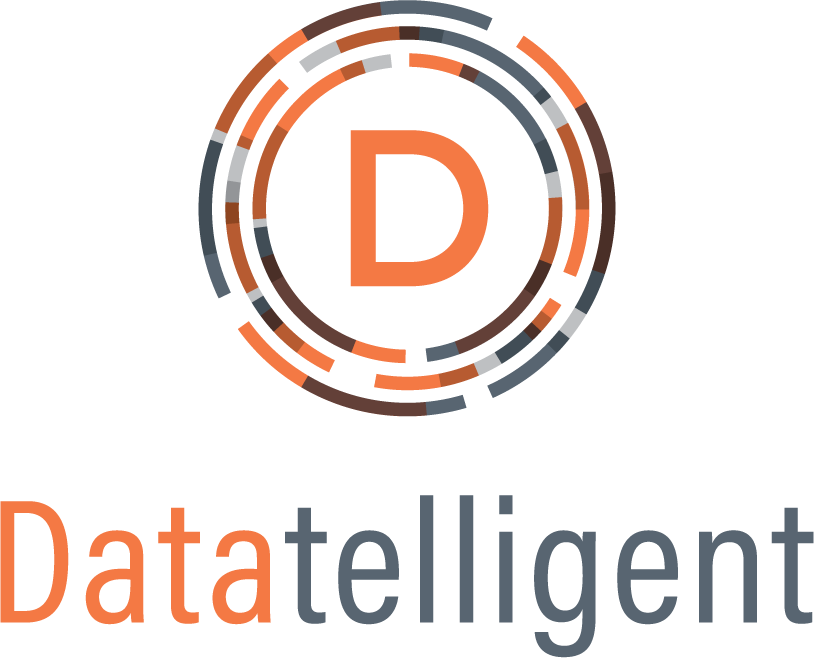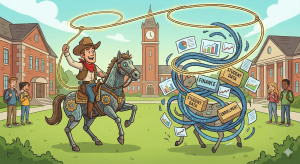There is no shortage of adjectives to describe 2020 and 2021: catastrophic, heart-wrenching, impossible, irritating, devastating. Whether we are applying it to our own personal experiences or to the broader world around us, no one can dispute that the COVID pandemic has created an environment of change and disruption.
This has been felt profoundly throughout our educational system. Schools have had to reinvent how they operate, and nowhere has this been more disruptive than in the community colleges space. While COVID has created headaches and difficulties throughout the higher education landscape, community colleges have experienced the brunt of the COVID-related fallout.
Why?
Colleges and universities had already been experiencing issues related to the cost of higher education and the student loan crisis. Schools have seen costs explode while revenues decline. In addition to the significant investments schools have made to transition to online learning environments — from training, course development, and technology improvements — they have also had to invest in infrastructure improvements to address other COVID-related issues (more space for in-person education, air filtration systems, etc.).
All this is occurring while many current and prospective students are questioning the value of higher education. Many have opted to delay a return to school until after the pandemic. Some question the cost relative to their online learning experiences. Schools have lost additional revenue as many students have not returned to on-campus living, sporting and other events have been canceled, state and federal funding may not be available, and alumni have not contributed as generously as in the past.
This list does not even touch on the additional COVID fallout — anxiety, vaccine availability, variants, etc.
So why has this hit the community college sector harder?
Unlike other economic downturns where community colleges have seen their enrollment numbers climb, the COVID pandemic has produced the opposite result. Community colleges have seen enrollment and retention numbers take a significant hit compared to other higher education institutions, especially for first-year students, where they see a nearly 20% drop.
Students at community colleges have also reported greater barriers to enroll and stay in school:
- Job uncertainty — Many students rely on income from full- or part-time jobs that either disappeared or were severely hampered during the pandemic.
- Family demands — This was especially difficult during the stay-at-home order when students found it disruptive to take online classes while also balancing family/childcare responsibilities.
- Technology hurdles — Many students reported limited or no access to the technology required to complete online learning. Reliable broadband technology, as well as access to a computer or tablet, was a significant barrier to the new normal.
- Limited emotional connection — Community colleges have historically had a more difficult time creating a sense of camaraderie and engagement compared to other colleges and universities. The transition to online learning has only exacerbated this sense of disconnect.
Will they be able to recover? Yes.
The answer is data. Community colleges are sitting on a patchwork of information that can be harnessed to help them answer key questions and pivot to meet challenges more effectively. Whether it be diving into enrollment metrics to help them improve existing programs or identify new opportunities; working with faculty and students to proactively seek out students that are struggling and develop programs to improve retention; or better forecasting for budget needs, especially when revenue targets and funding sources are shifting — this can all be addressed
by collecting and mining the data within these colleges.
And that is what we at Datatelligent can help with. We have partnered with colleges and universities throughout the country to develop data solutions to help them use their data to navigate these difficult times.
To learn more about our work with community colleges, visit: datatelligent.ai
by Steve Wightkin, Chief Operating Officer, Datatelligent






